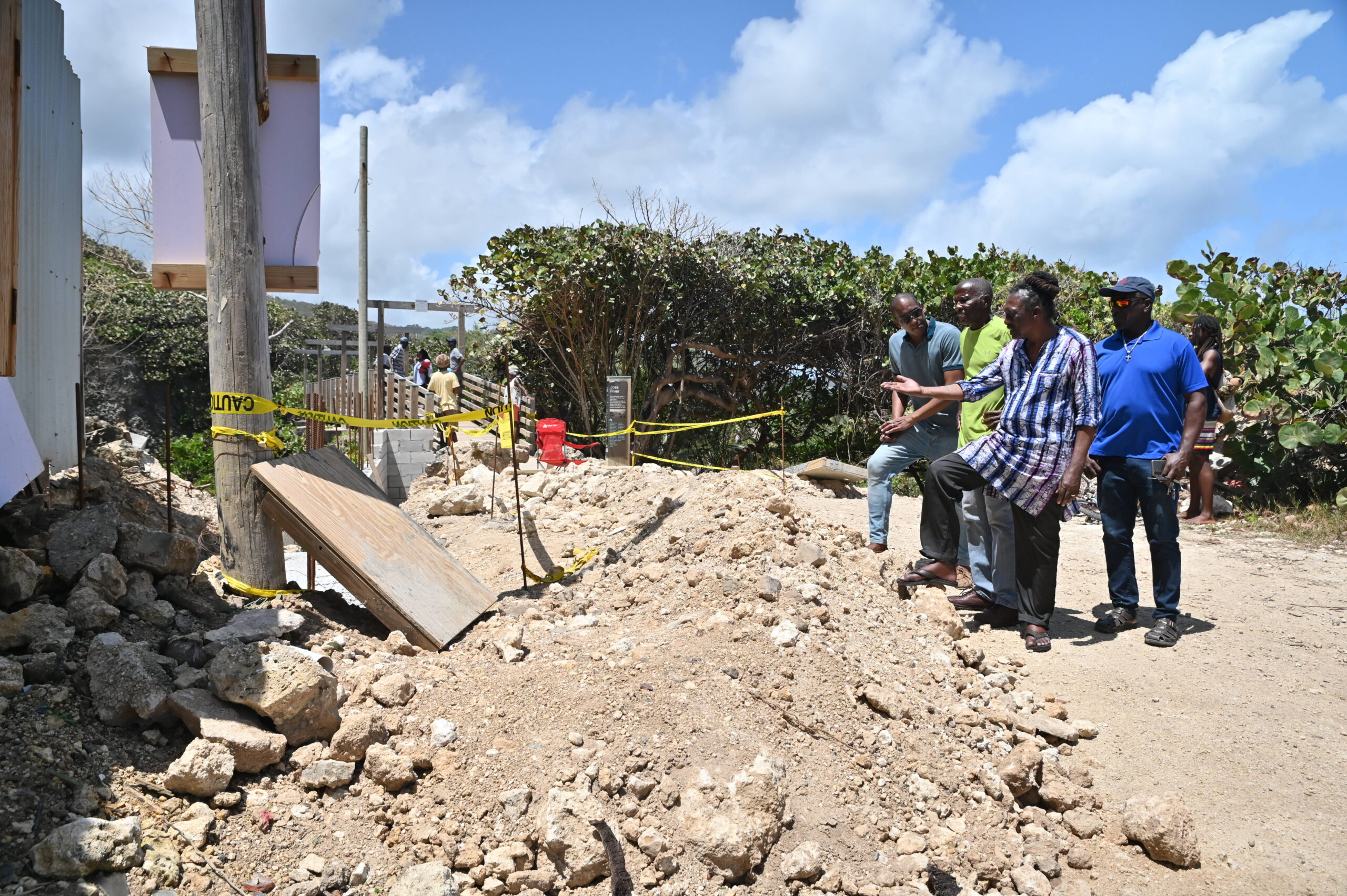Barbados, like many small island developing states (SIDS) with open economies, is caught between a rock and a hard place as it seeks sustainable modes of development that allow citizens to realise their dreams and reach their full potential.
The options that are available are few and even those for which SIDS may have an advantage, oftentimes there are several other factors that may undermine such advantages.
These may include the absence of economies of scale where the production of goods is concerned. It is not accidental that places like China and India have become magnets for some of the world’s largest manufacturers.
With products such as clothing, electronic and vehicle assembly, these two countries have the “benefit” of extremely large populations where work forces are trainable, but they operate in a low-wage environment.
It is, therefore, not surprising the heavy shift toward the tourism industry, a sector which has proven highly successful for countries like Barbados and others in the region.
The heavy dependence on the sector has cut like a two-edged sword. When tourism is booming the entire economy is buoyed by the performance.
The converse is also true. Sadly, the fickleness of the sector was most evident during the pandemic period. Despite the devastatingly disabling impact the tourism collapse had on the economy, the island has still placed most of its economic sustainability eggs into the tourism basket.
How sustainable the sector can be and its ability to deliver the foreign exchange generation requirements of Barbados is the $64 000 question.
The island’s debt level, not as a percentage of GDP, is extremely worrisome for some economists. For others, including Governor of the Central Bank of Barbados Dr Kevin Greenidge, the island’s foreign debt level is manageable given the size of the economy, and the projected economic growth over the next few years.
To achieve many of the necessary targets, it will require not only sustained tourism arrivals but significant investment in infrastructure including upgrades to the accommodation sector.
In pursuit of that goal, there are several projects in the works. Some awaiting approval and others that have been approved, facing push back from residents who are concerned about the intrusions into their neighbourhoods and possible disruption to their community life.
The clash of priorities is pitting locals who want to preserve their way of life and do not want to be regarded as mere show pieces for visitors to the island or excluded from the island’s natural resources.
Policy planners in government have to own up to the fact that more and more citizens are feeling like Barbados is becoming more like a playground for the wealthy.
Some have averaged that about 95 percent of the West Coast has been gobbled up by non-Barbadians who have enticed locals with big bucks to part with beachfront properties.
The result has been the creation of de facto private beaches on the West Coast as accessing some parts of the strip is almost impossible except by property owners.
There are few open windows to the sea and public beach accesses are too few. Most are not properly maintained and more often than not, cannot be accessed by disabled persons in wheelchairs.
It is this kind of development of the country’s tourism product that is fermenting the unease that has played out in Mount Standfast, St James, where developers, who have no accessible property on the beachfront, are turning inland to the neighbourhoods on the opposite side of Highway 1.
The disgruntled response of some Barbadians who believe their birthright is being sold to the highest bidder, has to be addressed.
The island requires the foreign exchange and economic activity that are generated from the tourism and hospitality sector. Foreign exchange is the lifeblood of this economy but in seeking to satisfy that need, tourism development must be balanced.
It is for this reason the state must act to ensure that clashes between residents and rich developers such as at Joe’s River, St Joseph; Mount Standfast, St James; Six Men’s, St Peter and the planned $100 million Eden Grove Development that residents say will disrupt the gully eco-system between Mullins and Gibbs, in St Peter, are avoided or well managed.
What is required is careful planning, consultation with residents and action on the concerns of those who want to preserve their communities. Not all development is positive, healthy development.




